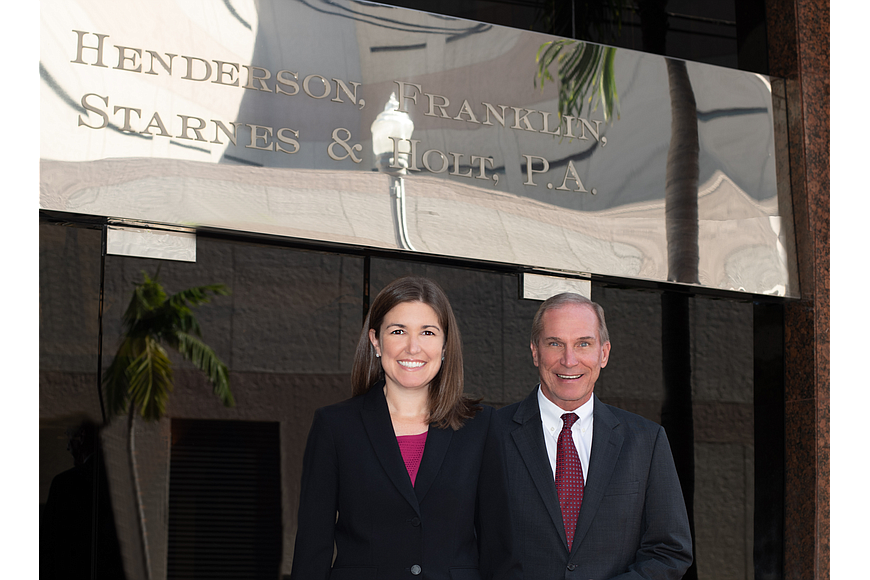- December 15, 2025
-
-
Loading

Loading

The pandemic has created seismic changes in lots of industries — from yacht clubs to fast-food and homebuilding to business travel. The law sector, especially how firms in the region hire and retain top talent, has likewise been on a turbulent pandemic ride.
“Lawsuits are still progressing,” says Shannon Puopolo, chair of the hiring committee and shareholder at Henderson, Franklin, Starnes & Holt P.A. in Fort Myers. “People are still having legal disputes.”